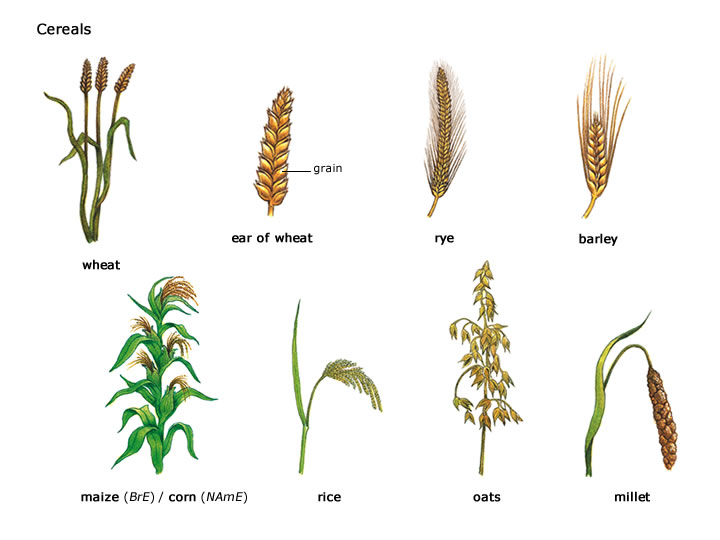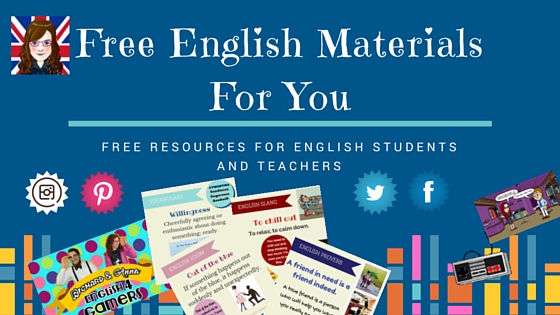Yesterday, I came across this Ted-Ed video and I found it quite informative. It’s just 5 minutes long and it isn’t difficult to understand. As you can guess reading the heading, it’s about GLUTEN, allergies, and intolerances. On Ted-Ed‘s website, you can find other listening activities on the video.
Below a vocabulary list you should read before watching the video:

BIG DEAL: something that is very important.
Ex. This was a really big deal for me.
RECENTLY: not long ago
Ex. I received a letter from her recently.
DIETARY: related to your diet.
Ex. This kind of dietary behaviour needs to be stopped immediately.
CRAZE: an activity, object or idea that is very popular for a short time.
Ex. The new dance craze is spreading.
INSOLUBLE: not able to be dissolved in a liquid.
DOUGH: flour mixed with water, and other ingredients that is baked to make bread, cookies, etc.
TO MOUNT: to activate; to launch.
MILD: not strong in action or effect.
Ex. Your friend had a mild heart attack.
TO IMPAIR: to make something weaker or worse.
Ex. Smoking can impair your health.
RASH: a lot of small red spots on the skin that is caused by an illness or a reaction to something.
FORTUITOUS: happening by chance; not planned.
Ex. My presence here is fortuitous.
PDF version: what-is-the-big-deal-with-gluten-vocabulary
Fill in the gaps in the following sentences:
- Maybe you’ve recently seen the phrase “gluten-free” on food ________________, or take-out menus, shampoo bottles, apartment listings, the _______________of your shirt, on a hammer, as a lower back tattoo, or in your friend’s resume.
- Next time someone starts telling you about their newfound freedom from gluten, here are some questions you can ask, and the _________________ answers that your friend, being a reasonable individual making educated _________________choices, and by no means just following the latest diet _________________, will tell you.
- What is gluten? Gluten is an insoluble protein composite _________________ of two proteins named gliadin and glutenin.
- Gluten is found in certain grains, particularly wheat, rye and _______________ .
- Gluten is responsible for the elastic consistency of and the chewiness of _______________ foods made from wheat flour, like bread and pasta.
- For some people, these foods cause problems, namely wheat allergy, celiac _________________, and non-celiac gluten sensitivity.
- Wheat allergy is an uncommon _________________ that occurs when a person’s immune system _________________an allergic response to wheat proteins, leading to mild problems, and in rare cases, a potential dangerous reaction called anaphylaxis.
- Celiac disease is an _________________ disease, in which eating foods with gluten leads to inflammation and damage of the lining of the small intestine.
- This impairs intestinal function, _________________ to problems like belly pain, bloating, gas, diarrhea, weight loss, skin _________________, bone problems like osteoporosis, iron deficiency, small stature, infertility, fatigue and depression.
- Celiac disease is present in one in every 100 to ____________persons in the U.S.
- The most effective _________________ is a gluten-free diet, which helps heal intestinal damage and improve symptoms.
- Gluten sensitivity’s _________________ in the general population is unclear, but likely much more common than wheat allergy or celiac disease.
- For example, it may be the case that gluten can activate the immune system in the small intestine, or cause it to become _________________.
- The human intestine can’t _________________ or absorb fructans, so they make their way to the large intestine or colon, where they’re fermented by bacteria, producing short-chain fatty acids and gases.
- Another possible explanation behind gluten sensitivity is the ________________ effect. This occurs when a person believes something will cause problems, and because of that belief, it does. It’s the opposite of the more well-known and much more ____________________ placebo effect.
- So a better name than non-celiac gluten___________________might be wheat _____________________.
PDF version: whats-the-big-deal-with-gluten-fill-in-the-gaps-without-answers
Answers: what-is-the-big-deal-with-gluten-answers
